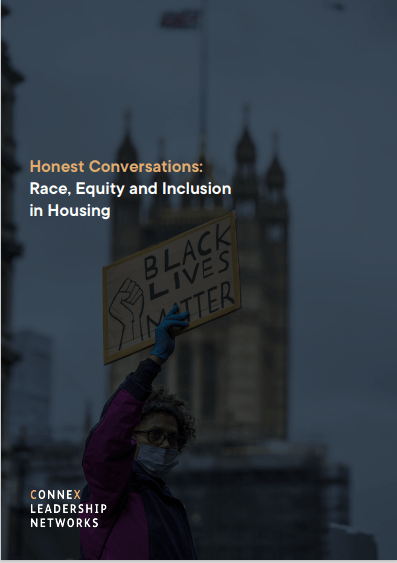Leading with Integrity (Part 1)
Over the past couple of years we’ve seen an alarming number of internal (and public) memos about toxic work cultures in some of the most influential companies in the world. The first few seemed like isolated incidents, but as each new one comes out – we have to wonder whether this is a systemic problem that is finally seeing the light of day.
Just a few months ago, I came across the open letter from former Brewdog employees that seemed to encapsulate this whole revolution. The letter, published on Punks with Purpose, detailed some of the frustrations, harms, and anger which hundreds of people shared about the internal work environment. These included hypocrisy, gaslighting, conformism, personality cults, misogyny, empty promises, and much more.
The letter is very difficult to read.
It points to a toxic work environment that unfortunately is much more common than we like to admit. Many people think that stories like these are the exception, but that’s simply not the case. It’s much closer to the rule. And only now that we’re beginning to shine a light on these issues, we are finally seeing the truth of what’s been happening out there.
The courage and conviction to speak out against toxic work environments might have been emboldened by social issues such as the Black Lives Matter protests or the global pandemic we’re still muddling through. People around the world are realising that they don’t have to keep quiet and take injustice lying down. But instead, they can rise up and fight against institutions, policies, and people who don’t treat them with the respect that they deserve.
This is positive progress, for sure, but it feels like things are only just getting started.
I can’t help thinking about the affordable housing sector, where I’ve dedicated so much of my time and energy. Could this revolt happen within social housing or the professional firms that work within housing? Are there ticking time bombs in these organisations, that are just waiting for a spark, an opportunity to whistle blow?
We’ve written before about the systemic issues of sexism and racism within our spaces and I can’t help but think that the time is coming for those issues to be raised to the front of our consciousness. Maybe our Brewdog moment is just around the corner?
It’s never been more important to hold our leaders accountable for the type of culture that they are nurturing in their organisations. Even though so much of business lore is focused on strategy, none of that matters if you have a problem with your culture. Your company culture is the DNA at the very foundation of everything that you do. And if you don’t take care of it – you’re going to find that the rot starts from the bottom and infects everything.
Culture eats strategy for breakfast.
The enlightened leaders who genuinely care about the sustainability of their organisations are going to take these issues very seriously. It’s not enough to preach about your values on mission statements and in press conferences. Leaders need to demonstrate what they stand for through the way that they build their companies.
What sort of behaviour do they condone?
How do they work towards inclusivity?
How do they treat their employees?
What are they doing to right injustice?
It’s only by tackling these things head on that you can make any significant progress. We have to stop shying away from these conversations because it allows resentment, fear, and anger to fester within our organizations, only for it to bubble to the surface in the form of anonymous letters and memos. This isn’t a healthy way to move forward.
Whether you’re in housing or any other industry, we’re at a point of reckoning. To lead with integrity we must take a good hard look in the mirror at the sort of company culture we are creating. Perhaps it’s time to reconsider the impact that it might be having on the very people that we rely on to keep the cogs running.
Next blog in this series – Why I have a problem with ‘Diversity and Inclusion’ Charters.





